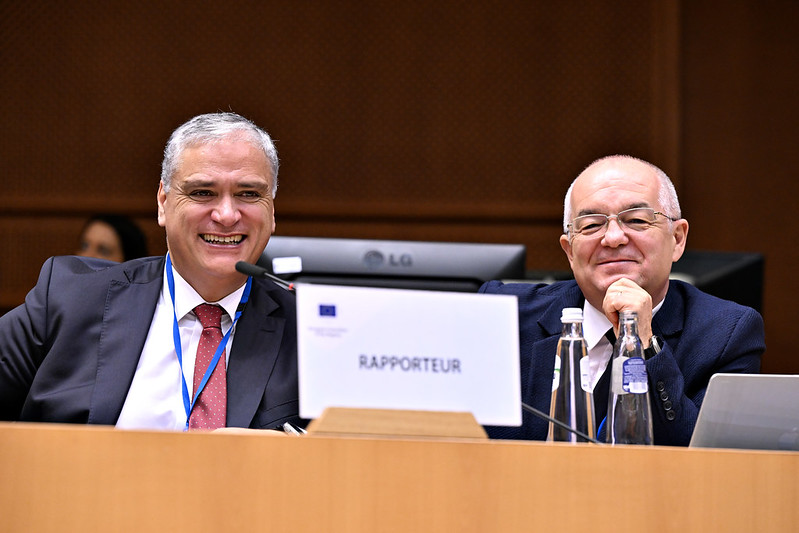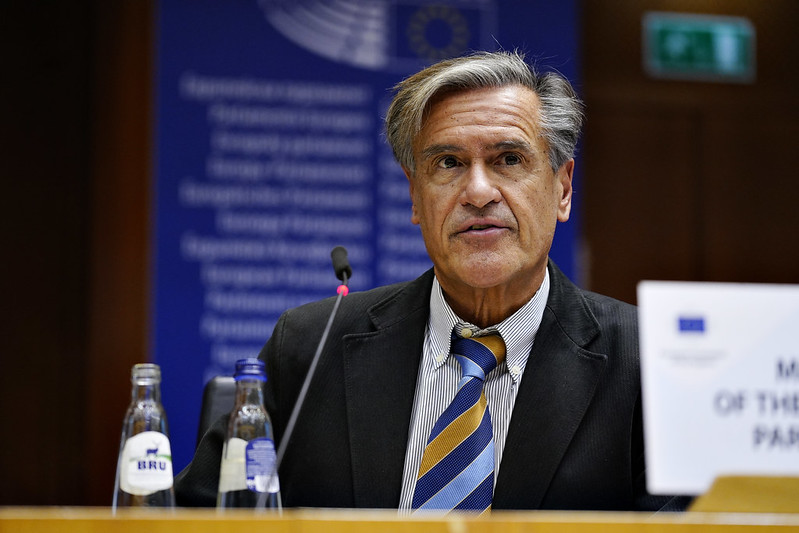Committee of the Regions, Brussels
“If it was an easy job, there would be someone else doing it,” said Sari Rautio, city councillor in Finland’s city of Hämeenlinna.
She referred to her work, not only as a councillor, but also as the European Committee of the Region’s rapporteur for the Gender Equality Action Plan.
As International Women’s Day beckons, the CoR has just launched a Gender Equality Action Plan which takes particular aim at boosting women’s representation in local government.
The plan comes at a busy time for the Committee of Regions, shortly after it inked an agreement last week to work together with the European Parliament to boost election turnout.
“Equality is good for everyone,” says Rautio, and “diversity helps to make better decisions.”
She was propelled into politics by her experience of having a son on the autism spectrum, she says.
“When he was small, I realised that if I wanted the world to treat him and us all equally, I needed to take action,” says Rautio.
She joined local government, she says, as “the place where the implementation of law is made, and the everyday choices of equality are done”.
Within the Committee of the Regions itself, there are “only about 25% women in CoR, and the percentage is even lower in the bureau”, she says.
Also, “rapporteurs are much more often men,” she adds.
Bringing the representation of women to the fore, she says, means presenting statistics like these, “including to national delegations, to raise awareness and prompt discussion”.
It then means working on the CoR’s own rules of procedure, “so that the situation is thought about whenever choices are made and elections held”, she says.
The CoR is “still behind other institutions” in Europe when it comes to women’s representation, argues Rautio.
And the organisation cannot promote Europe’s regions in Brussels if it is viewed as a retrograde backwater, she says.
if “we want the CoR to have even more influence on EU decision-making, we have to follow the common EU agreements, including on gender equality,” Rautio says.





